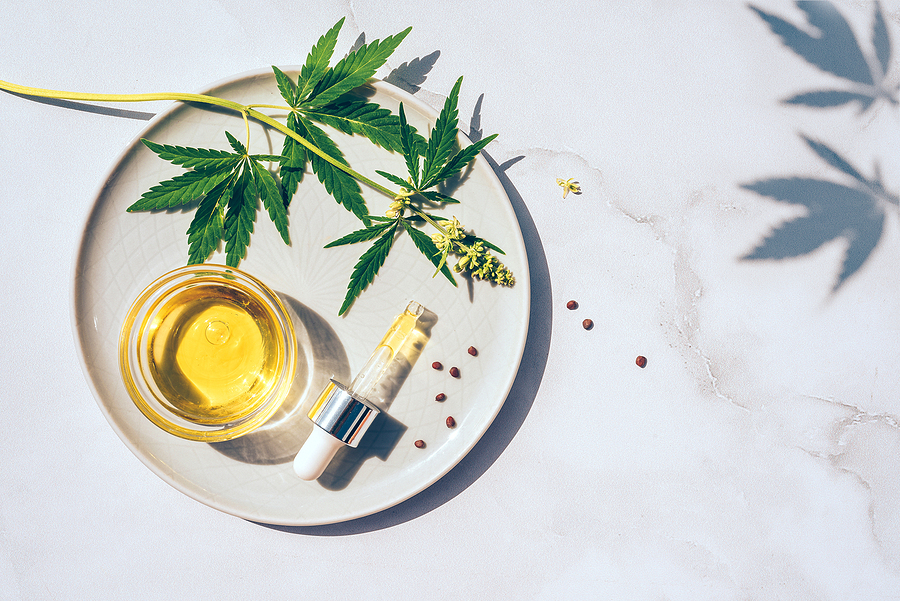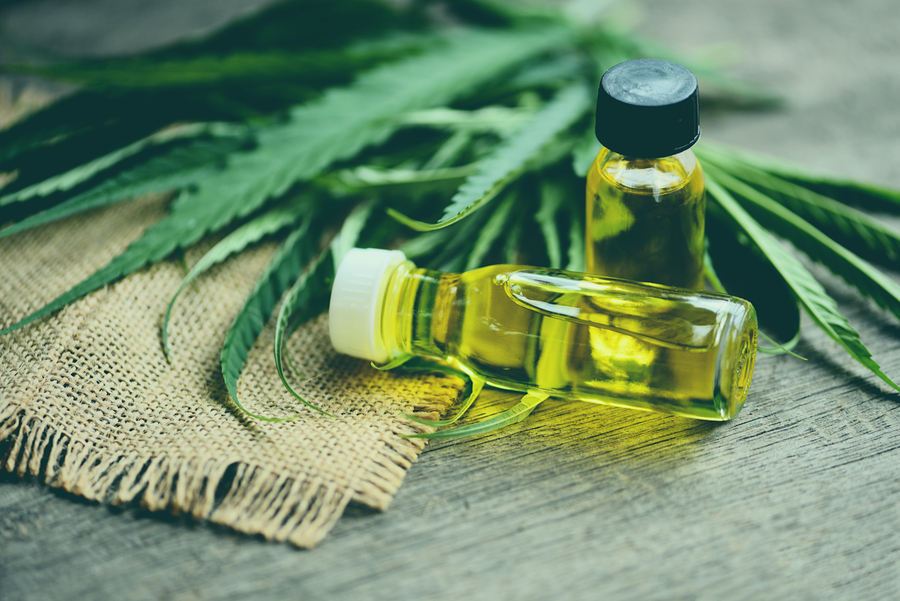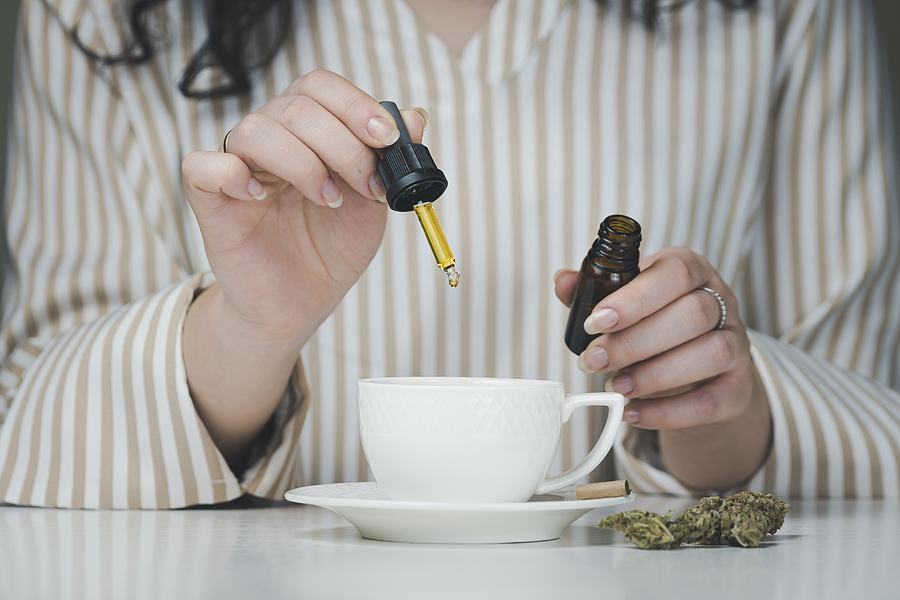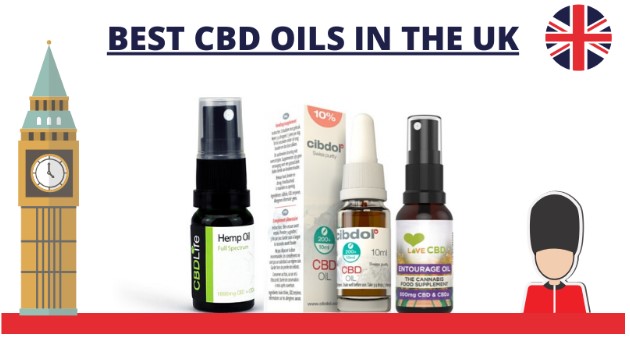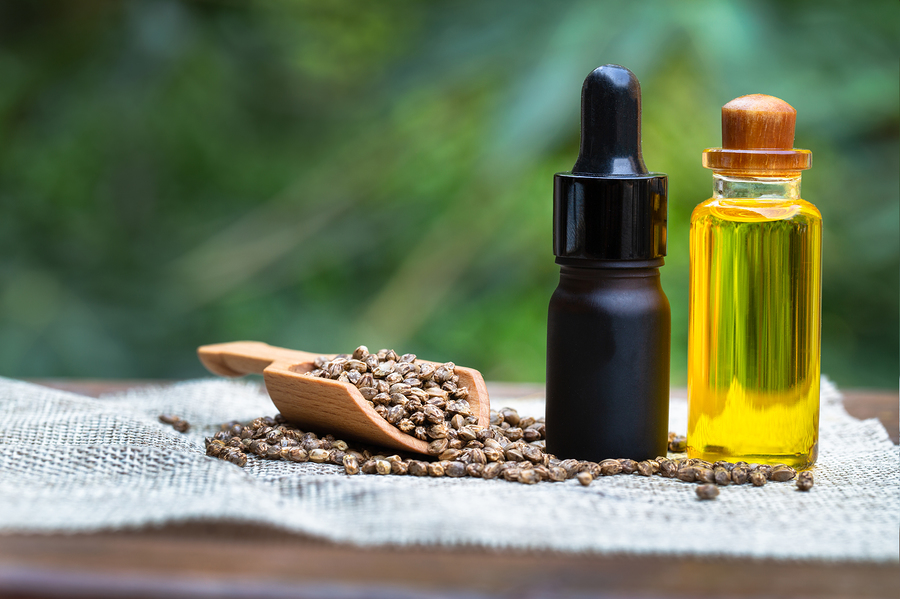CBD oil has become one of the most popular supplements available today, with as many as one out of every three American adults trying the substance. CBD’s popularity is tried to some scientific evidence of its ability to help people with a variety of problems, including, potentially, mental illness.
How CBD Oil Works
CBD is short for cannabidiol, and it is a substance that comes from the hemp plant. The oil comes from a very specific manufacturing process that involves growing hemp and processing it. This product is then turned into CBD oil.
CBD (explained here) is one of over one hundred identified cannabinoids. Cannabinoids are a very specific chemical compound that interacts with your body’s Endocannabinoid System. The purpose of your Endocannabinoid System is to keep your body in homeostasis. As such, it appears to have an impact on your overall mental health.
Your Endocannabinoid System has numerous components, including cannabinoid receptors, internally-produced cannabinoids, and enzymes that break down cannabinoids upon the conclusion of a reaction.
CBD does not appear to bind directly with your body’s cannabinoid receptors, but instead impacts your own cannabinoids, increasing the strength of that interaction and making the reaction between those cannabinoids and your receptors last for longer periods of time.
This, in turn, is believed to lead to the various impacts that CBD has on your physical and emotional health.
CBD on Mental Health
To be clear, CBD is not yet a medically approved treatment for mental health concerns. However, many who have taken the substance have found it to be extremely helpful for a variety of mental health problems.
For example, when it comes to CBD for anxiety, some studies have found that CBD can work to reduce anxiety. Interestingly, different studies – with many involving placebo groups – have found that these impacts could be felt on numerous types of anxiety, including social anxiety, post-traumatic stress disorder, generalized anxiety, and obsessive-compulsive disorder.
All of this would clearly imply that CBD may have the potential to address multiple types of anxiety.
Furthermore, there is some evidence to suggest that CBD can help to improve mood, lower depression, and help someone sleep better. All of this, of course, can have huge benefits to an individual’s mental health.
Dosage Tips
Sadly, not enough research has been conducted to determine ideal therapeutic levels of CBD dosing, so it is tough to say what the appropriate dose is. As such, when you are first starting CBD, the best thing you can do is start slowly. Follow the dosage instructions laid out by the product itself, and slowly increase the dosage until you feel the desired effect.
More research is needed to determine if CBD can truly be effective for mental illness. However, preliminary studies and the anecdotal reports of millions have indicated that the substance may have the potential to help people with a variety of mental health concerns, including depression and anxiety.
Image Source: BigStockPhoto.com (Licensed)
Site Disclaimer
The efficacy of these products has not been confirmed by FDA-approved research. These products are not intended to diagnose, treat, cure or prevent any disease. Information presented here is not meant as a substitute for or an alternative to information from healthcare practitioners. Please consult your healthcare professional about potential interactions or other possible complications before using any product.
Related Categories: CBD, Reviews



